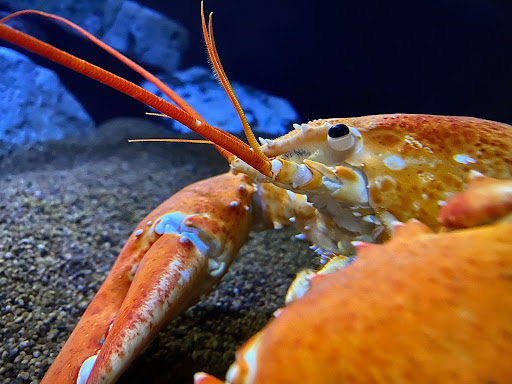The oceans are the lifeblood of our blue planet, providing us with food, oxygen, and climate regulation. In recent decades, there have been dramatic changes in the oceans in terms of temperature, chemistry, and the abundance and diversity of life. New England is warming faster than most of the world. As the waters warm, one consequence is that fish and lobster populations have moved to cooler locations, disrupting the food web and our economy.
“Climate change is having a profound impact on our oceans and marine life. Its effects are changing the distribution of fish stocks and their food. Balancing economic and environmental priorities is now even more important to keep our oceans healthy and full of fish for the future – we can only do this by fishing sustainably. By safeguarding the oceans, people who depend on fishing can maintain their livelihoods.” –The Marine Stewardship Council
Learn More
Here are some websites that we at LexCAN find to be trustworthy, accurate and clear:
- NOAA Fisheries provides detailed information on the vulnerability of fish stocks, marine species distributions, and international data portals to help outside organizations understand specific changes related to our fisheries
- The Marine Stewardship Council promotes Sustainable fishing, that is, leaving enough fish in the ocean and protecting habitats and threatened species.
